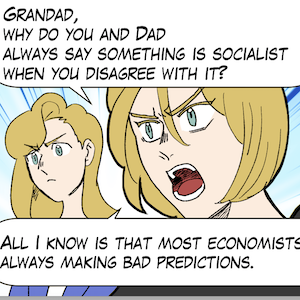Fiscal policy must be the tool of choice to respond to major climate related calamities – BIS
“Fiscal support can manage the direct economic fallout from extreme weather events.” That quote came from an interesting new research paper published in the 98th edition of the Bank of International Settlements Bulletin (February 10, 2025) – Macroeconomic impact of extreme weather events. The paper seeks to tease out what the economic impacts and policy implications are of the climate changes that are now manifest in various extreme weather events, such as droughts, wildfires, storms, and floods, which are increasing in incidence across the globe. The researchers recognise that such events are increasingly imposing “high economic costs” and “social hardship” on communities around the world. Their conjecture is that the “most extreme weather events have been rising and are likely to increase further” which will challenge policy makers. They discuss the implication of this increased exposure to such events for fiscal and monetary policy but recognise that fiscal policy must be the frontline tool to respond to the damage caused by such events.
